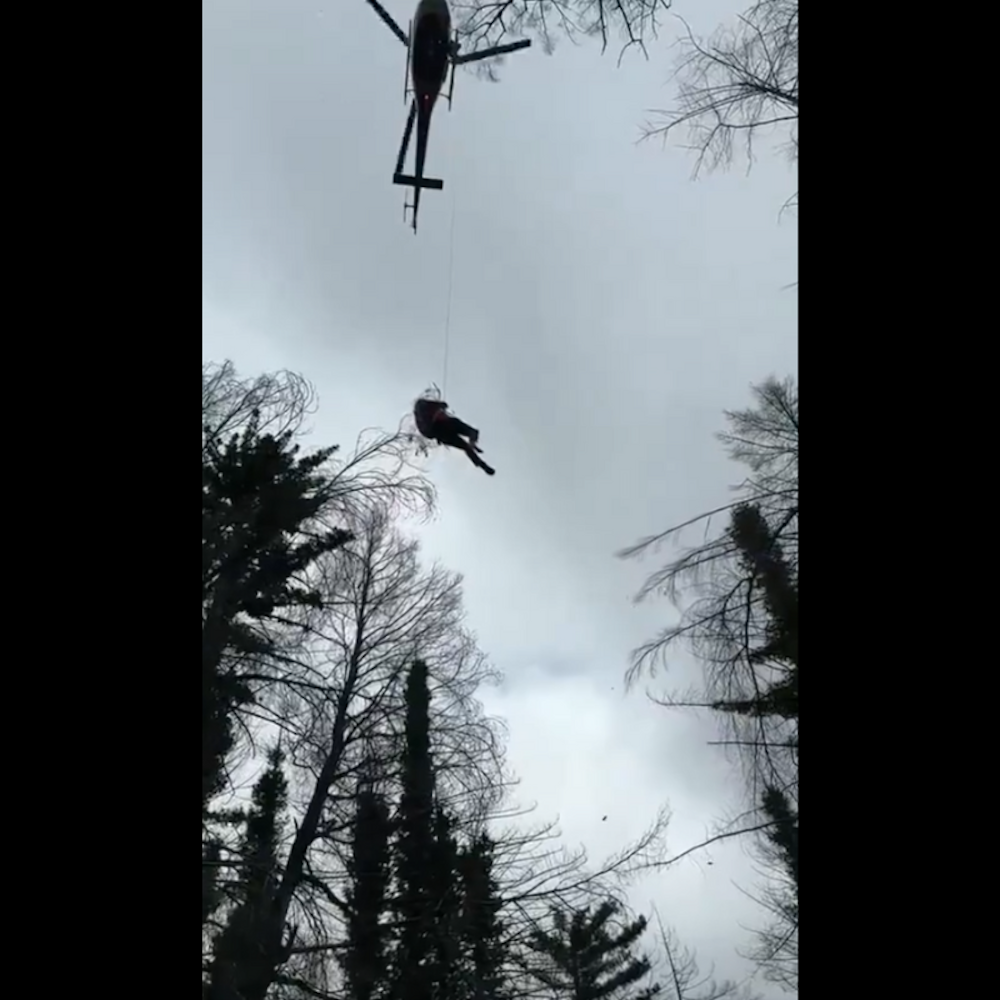
Gas-powered leaf blowers have been a constant source of noise pollution and environmental concerns in U.S. cities, but now those cities are starting to step up. On June 19, 2023, Palo Alto approved an ordinance amendment raising fines for using the devices in residential areas, to strengthen an already-existing ban on these noisy, pollution-emitting tools, according to Palo Alto Online.
Under the new rules, first-time violators face a $250 fine, with subsequent fines reaching up to $1,000 for multiple violations. The ordinance also removed the previously required five-day waiting period between a warning and an official citation, making it easier for code enforcement officers to issue citations. This comes as part of the city's ongoing efforts to crack down on gas-powered leaf blowers after adding a code enforcement officer focused on regulation enforcement last year.
But Palo Alto isn't alone when it comes to regulating gas-powered garden tools; in fact, more than 150 municipalities across the United States have implemented limits or bans on gas-powered leaf blowers, mainly due to the disproportionate amount of pollution and noise they produce, as reported by Business Insider.
The pollution caused by gas-powered tools is considerable, with the California Air Resources Board stating that using a commercial leaf blower for one hour generates as much pollution as driving a small car about 1,100 miles. Additionally, the noise pollution created by these devices is not only disruptive to homeowners and neighbors, but it can also be hazardous to the users' health, given that they are exposed to the noise and fumes for extended periods of time.
Beyond the noise and environmental concerns, organizations and activists argue that lawns, or rather the quest for pristine, emerald-fronted homes, are part of a larger problem. Our fixation on lawn maintenance means that grass has become the largest irrigated crop in the U.S., requiring vast amounts of water, synthetic fertilizers, and energy.
Transitioning to electric alternatives may not be entirely smooth, as some landscapers argue that making the switch can be expensive and assert that newer gas-models are already quieter. However, nonprofit organizations, like DC Sustainable Energy Utility, have been providing subsidies to help homeowners and companies transition to electric garden equipment, making the switch more accessible and affordable.



-2.webp?w=1000&h=1000&fit=crop&crop:edges)





